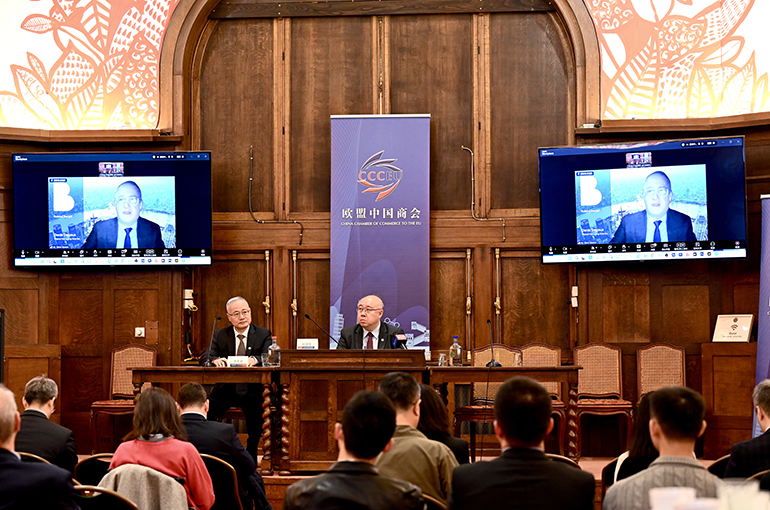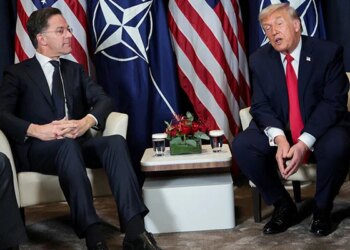Select Language:
According to the latest report, 81% of Chinese companies operating within the European Union describe the business environment as increasingly uncertain. This reflects ongoing macroeconomic pressures and a more complex operational landscape across the region.
Many Chinese firms are reporting heightened politicization of commercial issues, with the EU’s extensive regulatory initiatives creating a compliance maze that hampers long-term planning and growth, as detailed in the “Weathering Challenges, Sharing Success” report.
This is the seventh annual flagship study conducted by the China Chamber of Commerce to the EU alongside global consultancy Roland Berge. It surveyed 205 Chinese businesses and organizations actively operating in Europe.
The overall assessment of the EU’s business environment has decreased for six consecutive years, with scores dropping from 73 in 2019 to 61 in 2025, highlighting sustained operational difficulties for Chinese enterprises in Europe.
The primary challenges faced by these companies include rising labor costs, the EU’s Economic Security Strategy, the increasingly complex global geopolitical climate, uncertainties related to China-specific policies at both EU and member nation levels, and a shortage of highly skilled workers suited to meet their needs, according to the survey.
Expanding the “economic security” agenda has become the most urgent concern for Chinese companies in Europe, with 90% stating it has directly or indirectly undermined their operations and confidence in the EU market.
The EU’s stricter foreign direct investment screening, particularly regarding critical infrastructure, semiconductors, and artificial intelligence, has added uncertainty and increased compliance costs for Chinese investors. The survey indicates that 43% of Chinese firms currently investing or planning to invest in Europe have delayed their plans due to the EU’s FDI Screening Regulation.
Amid a broader use of trade defense measures, one notable example is the anti-subsidy investigation into Chinese electric vehicles, which is considered one of the most significant recent developments. This probe has introduced new uncertainties into China-EU economic and trade relations, harmed Chinese automakers seeking to expand in Europe, and ignited debate over the EU’s economic and green transition policies.
Most respondents believe that both sides should return to negotiations and resolve disagreements through constructive methods, such as price undertakings.
Since the introduction of the Foreign Subsidies Regulation in July 2023, the EU has launched several investigations into Chinese businesses, expanding beyond sectors like clean energy, locomotives, and security equipment to include automotive industries.
Data shows that 63% of Chinese firms surveyed report impacts on their business from the FSR, with 12% experiencing direct consequences. Additionally, 51% of those not directly affected believe the regulation has indirectly damaged their brand image and market confidence.
In terms of performance, 53% of companies experienced revenue growth last year compared to the previous year, with 12% seeing significant growth. About 40% reported increased profitability. Looking forward, 62% anticipate further revenue growth this year, and 46% expect profits to rise.
Half of all surveyed companies plan to increase their investments in the EU, with 29% indicating they will significantly boost spending. Conversely, only 11% intend to cut back.
Liu Jiandong, president of the China Chamber of Commerce to the EU, emphasized that the European market has evolved well beyond its original role as merely an export destination. It is now viewed as a key source of technological innovation, a benchmark for global brands, and a critical region for aligning with international standards.
He added that fostering mutual understanding and trust can help move beyond traditional narratives of competition and cooperation. Instead, a new approach of “creative coexistence,” built on mutual respect and shared interests, can define future collaboration. Both Chinese and EU companies are encouraged to work together, guided by fair and transparent rules, to strengthen economic and trade partnerships.







